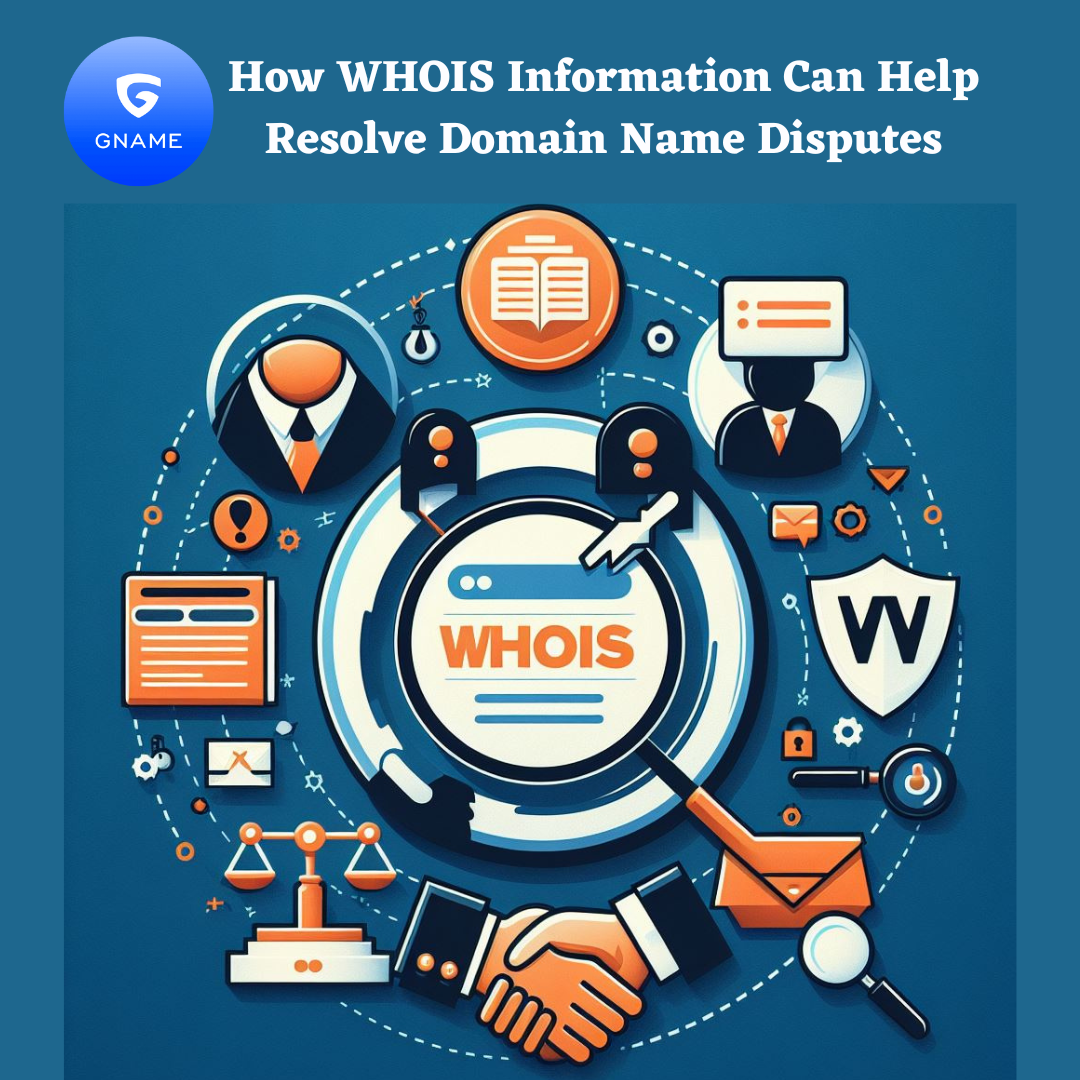Domain name disputes can be a common occurrence in the world of online business. When two or more parties claim rights to a particular domain name, it can lead to conflicts and legal disputes. However, WHOIS information can play a crucial role in resolving these disputes and ensuring a fair resolution.

Understanding WHOIS Information
WHOIS is a protocol used to query databases and obtain information about domain names, including the registered owner, registrar, and other related details. This information can be invaluable when it comes to resolving domain name disputes. By accessing the WHOIS database, interested parties can gather evidence and establish ownership rights.
Identifying the Registered Owner
One of the primary uses of WHOIS information in resolving domain name disputes is identifying the registered owner of a domain. In many cases, disputes arise when someone believes they have a legitimate claim to a domain that is already registered by someone else. By looking up the WHOIS information, the interested party can determine who the registered owner is and initiate communication or legal proceedings accordingly.
Verifying Registration Details
In addition to identifying the registered owner, WHOIS information can help verify the registration details of a domain name. This includes information such as the registrar, registration date, and expiry date. Verifying these details can be crucial in establishing the legitimacy of a domain and determining whether it was registered in bad faith or with malicious intent.
Gathering Evidence for Disputes
When engaging in a domain name dispute, having concrete evidence is essential. WHOIS information can provide valuable evidence to support a claim. For example, if someone believes that a domain was registered in bad faith or infringes on their trademark rights, they can gather WHOIS information to demonstrate the timeline of events and ownership details.
Resolving Disputes through Mediation
In some cases, parties involved in a domain name dispute may choose to resolve their differences through mediation rather than going to court. WHOIS information can assist in this process by providing the necessary details for communication and negotiation. Mediators can use WHOIS information to contact the registered owner and facilitate discussions to reach a resolution.
Adhering to Privacy Considerations
While WHOIS information can be invaluable in resolving domain name disputes, it is essential to balance it with privacy considerations. In recent years, there has been a growing concern about the exposure of personal information in WHOIS records. To address this, some domain registrars offer privacy protection services that mask certain details in the public WHOIS database.
Conclusion
In conclusion, WHOIS information plays a vital role in resolving domain name disputes. It helps identify the registered owner, verify registration details, gather evidence, and facilitate communication for mediation. However, privacy considerations should also be taken into account. By leveraging WHOIS information effectively and respecting privacy, parties involved in domain name disputes can work towards a fair and satisfactory resolution.




















